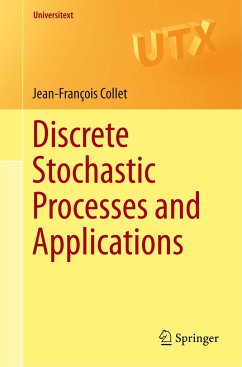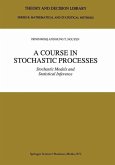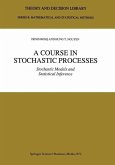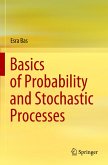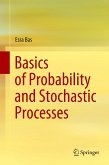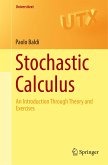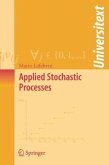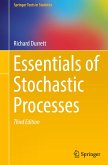This unique text for beginning graduate students gives a self-contained introduction to the mathematical properties of stochastics and presents their applications to Markov processes, coding theory, population dynamics, and search engine design. The book is ideal for a newly designed course in an introduction to probability and information theory. Prerequisites include working knowledge of linear algebra, calculus, and probability theory. The first part of the text focuses on the rigorous theory of Markov processes on countable spaces (Markov chains) and provides the basis to developing solid probabilistic intuition without the need for a course in measure theory. The approach taken is gradual beginning with the case of discrete time and moving on to that of continuous time. The second part of this text is more applied; its core introduces various uses of convexity in probability and presents a nice treatment of entropy.
"This textbook is a very nice introductory material to the subjects of discrete and continuous-time Markov chains, and information theory with applications to binary coding. It is nicely written and it provides a self-contained treatment of the topics." (Nikola Sandric, zbMATH 1431.60001, 2020)
"The ideal audience for this text would be students or practitioners in that sweet spot where mathematical rigor is important ... . an excellent reference for Markov Chain theory for an instructor struggling to determine how much rigor to introduce into a course on Markov chains." (John K. McSweeney, MAA Reviews, September 22, 2019)
"The ideal audience for this text would be students or practitioners in that sweet spot where mathematical rigor is important ... . an excellent reference for Markov Chain theory for an instructor struggling to determine how much rigor to introduce into a course on Markov chains." (John K. McSweeney, MAA Reviews, September 22, 2019)

